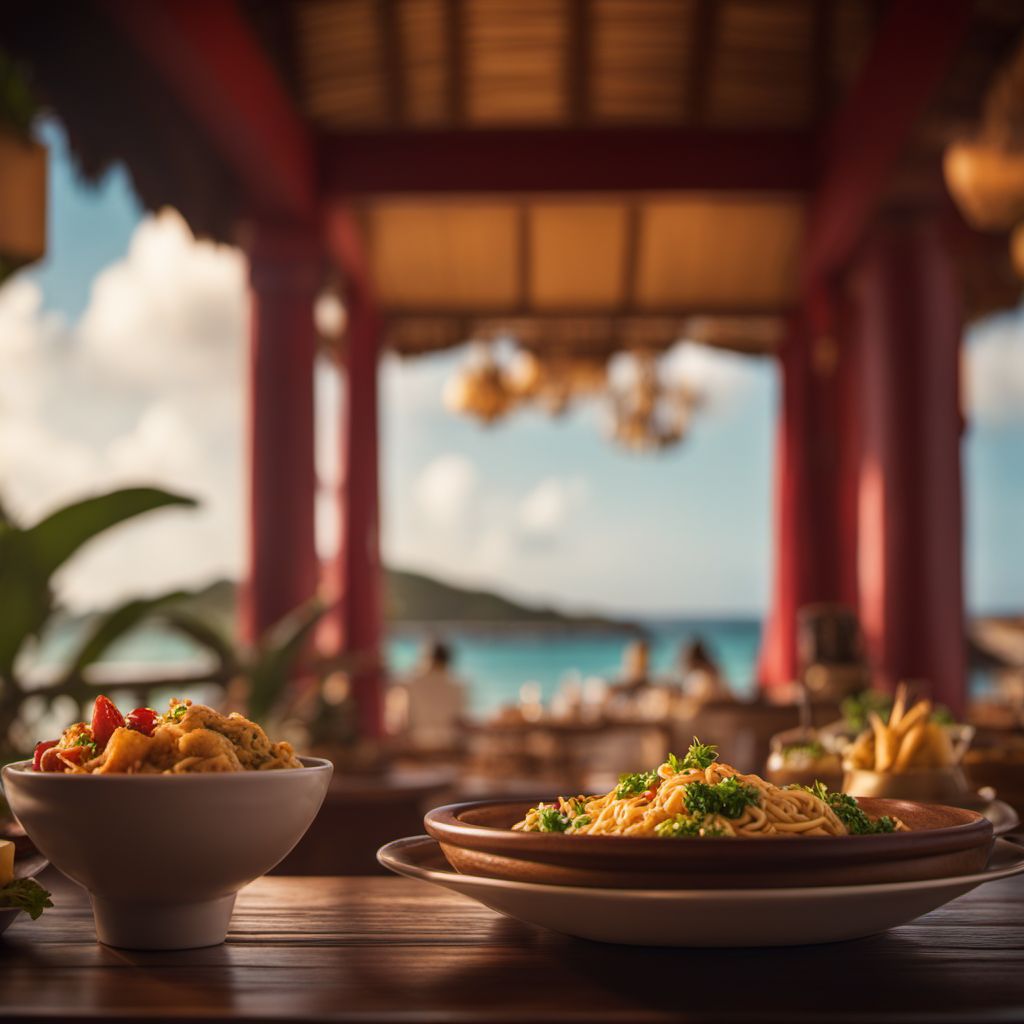
Cuisine
Anguillan cuisine
Anguillan cuisine is known for its fresh seafood, including lobster, conch, and fish, as well as its use of local fruits and vegetables. The cuisine is heavily influenced by the island's history of slavery and colonialism, with dishes like saltfish and johnnycakes reflecting the island's African and British heritage. The cuisine is also influenced by the island's proximity to other Caribbean islands, with dishes like jerk chicken and rice and peas being popular.
Typical ingredients
Lobster, Conch, Fish, Plantains, Yams, Cassava, Breadfruit, Callaloo, Okra, Peppers, Onions, Garlic, Ginger, Allspice, Nutmeg, Cinnamon
Presentation and garnishing
Anguillan cuisine is often presented on colorful plates with fresh herbs and spices as garnishes. Seafood dishes are often served with rice and peas or other local side dishes.
The island's national dish is saltfish and johnnycakes, which is made with salted cod and a type of fried bread. The island is also known for its lobster and crayfish, which are often served grilled or in stews.
More cuisines from this region...
Jamaican cuisine, Trinidad and Tobago cuisine, Haitian cuisine, Cuban cuisine, Dominican Republic cuisine, Puerto Rican cuisine, Antigua and Barbuda cuisine, Bahamian cuisine, Barbadian cuisine, Dominica cuisine
History
Anguillan cuisine has a long history dating back to the island's indigenous people, the Arawaks and Caribs. The island was later colonized by the British, who brought with them African slaves to work on the island's plantations. The cuisine developed as a fusion of African, European, and Caribbean influences, with dishes like saltfish and johnnycakes reflecting the island's African and British heritage. Today, Anguillan cuisine is known for its fresh seafood and use of local fruits and vegetables.
Cultural significance
Food is an important part of Anguillan culture, with many traditional dishes being served at festivals and celebrations. The island's cuisine is also heavily influenced by its history of slavery and colonialism, with dishes like saltfish and johnnycakes reflecting the island's African and British heritage.
Health benefits and considerations
Fresh seafood and local fruits and vegetables make Anguillan cuisine a healthy choice. However, some dishes may be high in sodium or fat.
Anguillan cuisine recipes Browse all »
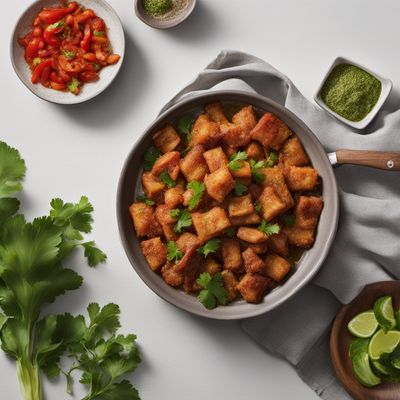
Anguillan Mogolla Chicharrona
Caribbean Twist: Anguillan Mogolla Chicharrona
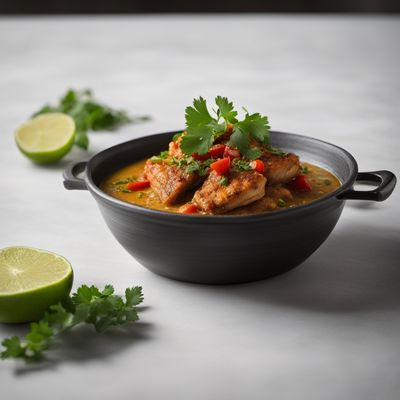
Anguillan-style Rihaakuru dhiya
Savory Anguillan Fish Stew with Rihaakuru

Anguillan Potato Hash
Caribbean Delight: Anguillan Potato Hash

Anguillan-Style Festive Cake
Caribbean Delight: Anguillan Festive Cake with a Tropical Twist
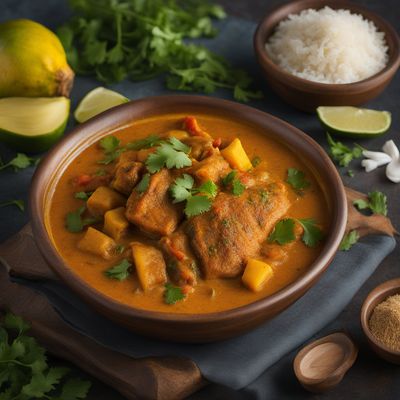
Old Sour Fish Curry
Tropical Delight Fish Curry
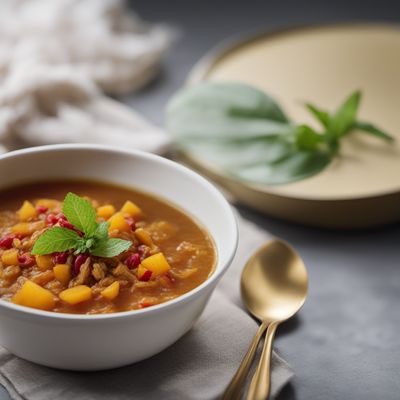
Anguillan-inspired Bastani Sonnati
Tropical Twist: Anguillan-inspired Bastani Sonnati with Coconut and Mango

Anguillan-style Ti-Malice Sauce
Spicy Island Delight: Anguillan Ti-Malice Sauce

Anguillan-style Homemade Bread
Caribbean Delight: Anguillan-inspired Homemade Bread
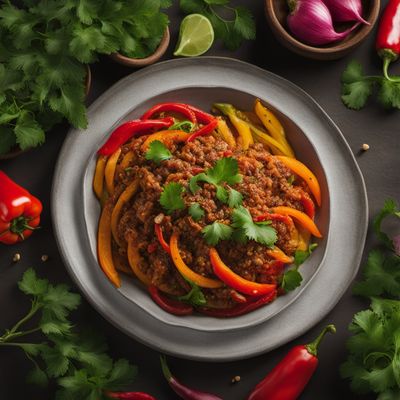
Anguillan Kikomando Delight
Plantain and Saltfish Stir-Fry with a Caribbean Twist

Anguillan-style Fregola with Conch
Caribbean Delight: Anguillan Fregola with Fresh Conch
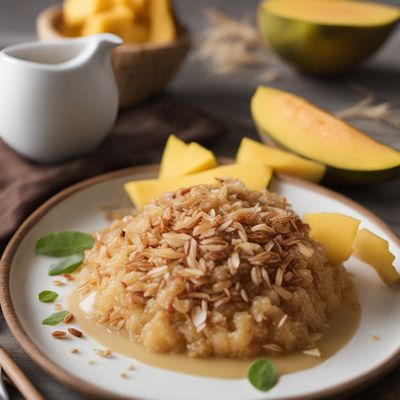
Anguillan Coconut Moczka
Tropical Delight: Anguillan Coconut Moczka

Anguillan-style Empal Gentong
Spicy and Savory Anguillan Beef Stew